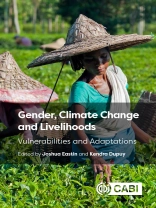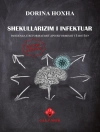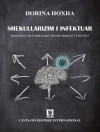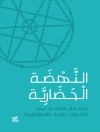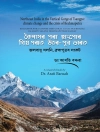This book applies a gendered lens to evaluate the dynamic linkages between climate change and livelihoods in developing countries. It examines how climate change affects women and men in distinct ways, and what the implications are for earning income and accessing the natural, social, economic, and political resources required to survive and thrive. The book’s contributing authors analyze the gendered impact of climate change on different types of livelihoods, in distinct contexts, including urban and rural, and in diverse geographic locations, including Asia, Africa and the Caribbean. It focuses on understanding how public policies and power dynamics shape gendered vulnerabilities and impacts, how gender influences coping and adaptation mechanisms, and how civil society organizations incorporate gender into their climate advocacy strategies.
This book:
-Provides cutting-edge scholarship on an underrepresented area of climate change: the gendered impacts of climate change on livelihoods.
-Covers a range of different types of livelihoods and geographic locations.
-Involves contributors from a diverse array of cultural and scholarly backgrounds, bringing contrasting perspectives to the topic.
This book is recommended for scholars, students, and practitioners who study or work in fields such as climate change, gender, livelihoods, public policy, economic development, and agriculture.
A propos de l’auteur
Joshua Eastin is Associate Professor of Political Science at Portland State University. His research addresses the causes and consequences of economic underdevelopment, with particular focus on issues related to the environment, gender, armed conflict, and economic globalization. He has conducted extensive fieldwork and surveys in the Philippines, where he also served as a visiting research fellow at the University of the Philippines-Diliman. His work has appeared in a wide range of academic journals, and he is co-author of Greening China: The Benefits of Trade and Foreign Direct Investment (University of Michigan Press, 2011).
